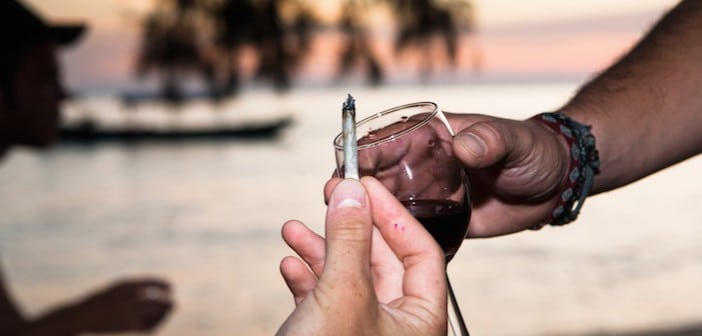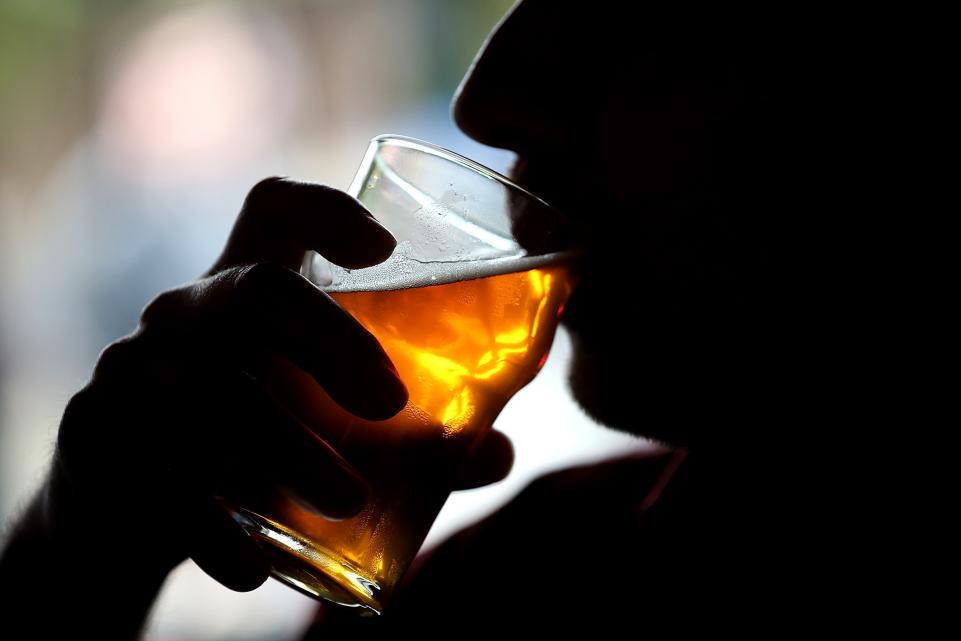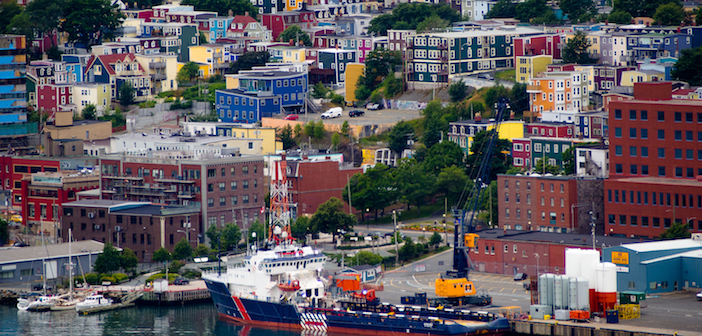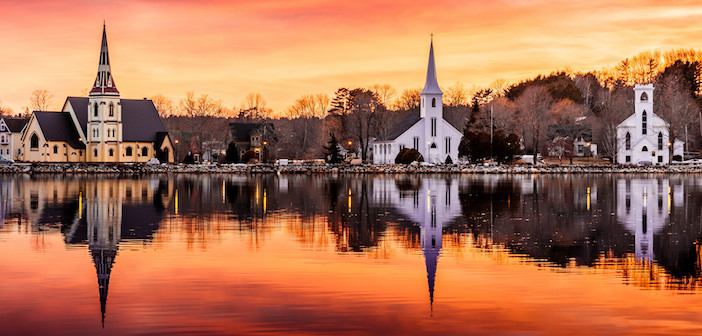While Quebec, Ontario, and New Brunswick have garnered serious controversy regarding their marijuana retail plans, Nova Scotia’s choice to sell liquor and pot together has been one of the most contentious decisions of all.
On Dec. 7, the Atlantic province announced a legal minimum age of 19 years old to purchase cannabis, with all sales under the control of the Nova Scotia Liquor Corporation (NSLC).
Although a provincial monopoly on cannabis has been perceived as too authoritarian by some, the real dissent arrived with the proclamation Nova Scotia would not build standalone cannabis retail stores, like other provinces that have gone the way of government control.
The Urban Public Health Network, an organization comprised of medical professionals in 21 of Canada’s largest cities, said in a September 2016 report that government-run monopolies are the best choice for selling recreational cannabis, but the substance should not be sold alongside alcohol.
The report stated that selling cannabis in liquor stores exposes a large portion of the public to pot unnecessarily, considering 80 percent of Canadians drink alcohol as opposed to the current 11 percent who consume cannabis, according to Health Canada.
“This high degree of population exposure to potential cannabis use would be counter to public health protection objectives of limiting demand, availability, and accessibility,” said the report. It further stated the retail co-location of cannabis and alcohol “could signal that regulators are condoning or even encouraging combining use of these two substances.”
The Finance Minister for the neighboring province of New Brunswick agrees. “Right now, we know we have people using [cannabis]. It’s not like we’re looking for new users, right?” said Minister Cathy Rogers. “So why introduce the product beside another product?”
But if Canadians are anything like their American peers, the option to combine cannabis and alcohol may not be as attractive as the ability to substitute one for the other. A recent study we covered in December examined alcohol beverage purchase data from 2006-2015, finding that counties in the U.S. with medical marijuana laws “reduced monthly alcohol sales by 13 percent … with significant reductions observed up to 24 months after the passage of the law.”
Nova Scotia Justice Minister Mark Furey told CBC News on Dec. 7 that the province chose this path because it was the right fit. He added that the NSLC has existing infrastructure across the province as well as well-trained staff.
“The co-location is, in our view, The most secure, most professional method of delivery,” said Furey.
credit:marijuana.com












